Science writer and editor
Megdell joined the University of Michigan Rogel Cancer Center communications team in 2022. Prior to that she served as the natural sciences writer for the University of Michigan College of Literature, Science, and the Arts. Contact: [email protected]

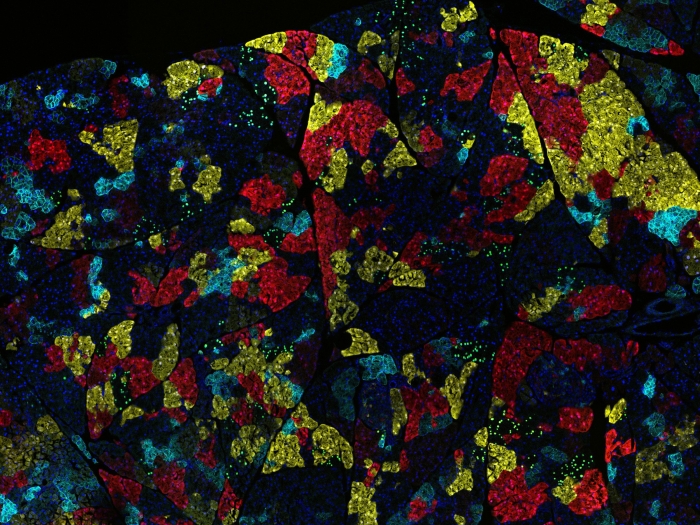
Health Lab
Sugar free: investigator finds cancer cells use a new fuel in absence of sugar
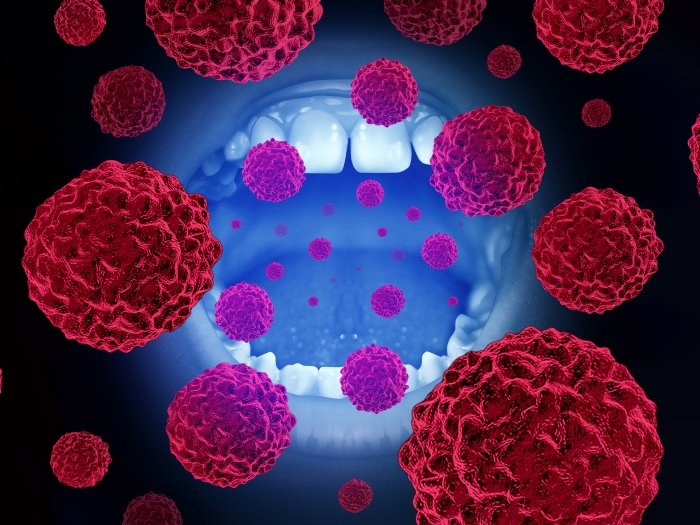
Health Lab
A team of Michigan Medicine researchers have identified a mechanism in mice for how obesity affects some oral cancers’ ability to escape from the immune system.
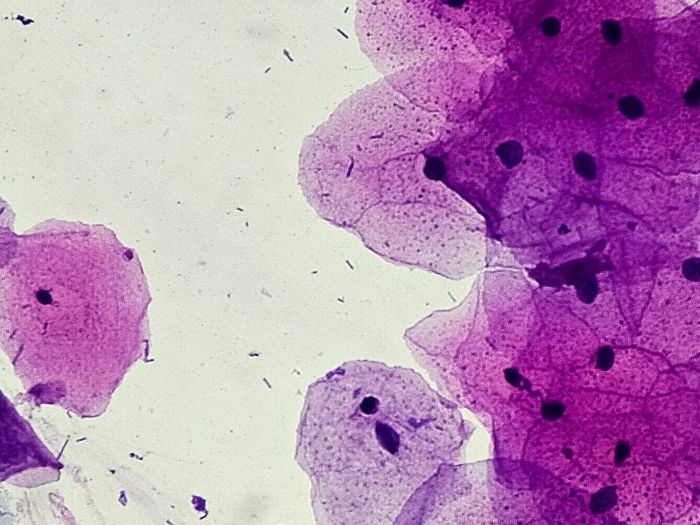
Health Lab
Researchers at Michigan Medicine have identified a new metric to articulate the relationship between nerve density and oral cancer. The study investigated normalized nerve density to translate previous mechanistic studies into a context that could be used in the clinic.
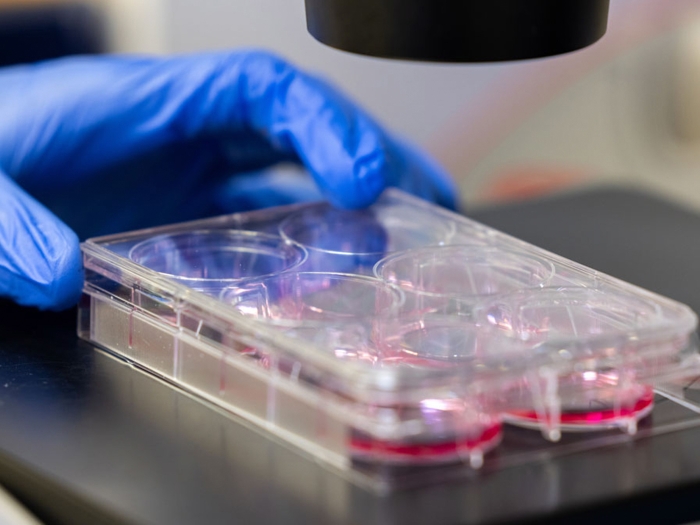
Health Lab
By feeding T cells in the lab, researchers revealed a new metabolic pathway that could help make immunology more effective.
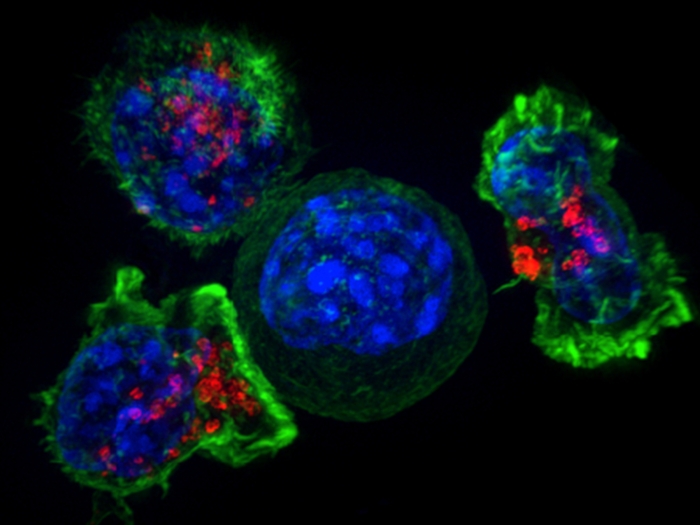
Health Lab
For some patients, immunotherapy furthers tumor progression instead of halting it. What distinguishes those who benefit from those who don’t?
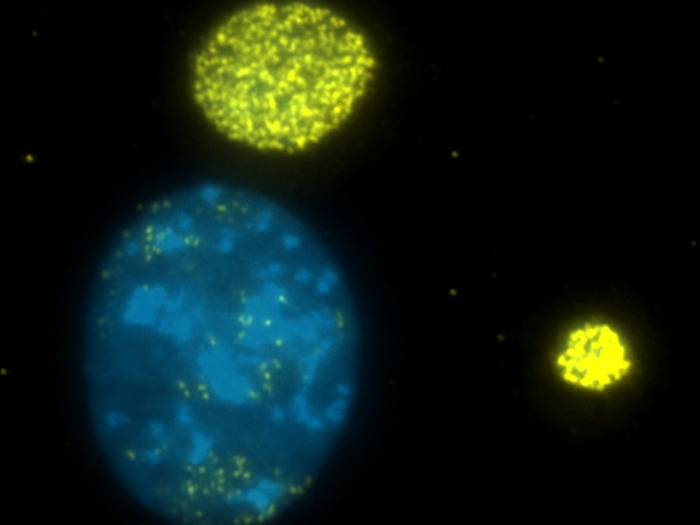
Health Lab
In mouse models and serum samples, an FDA-approved drug that lowers ammonia levels made the tumors more sensitive to treatment.
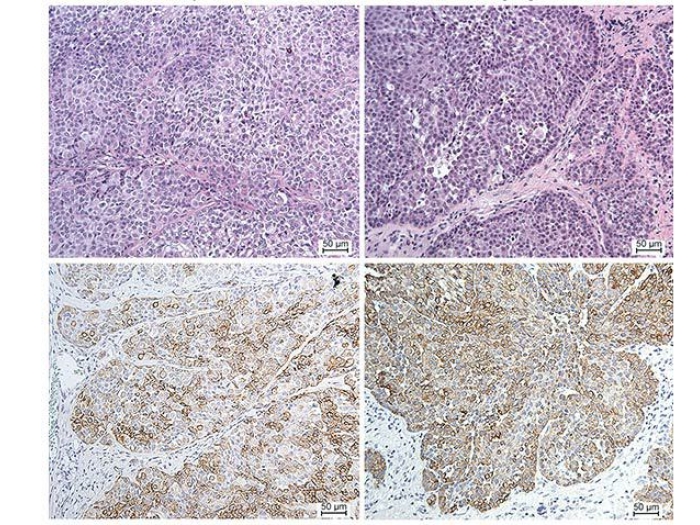
Health Lab
Mouse models show that activating a non-mutated form of the gene could lead to developing therapies for this deadly form of cancer.
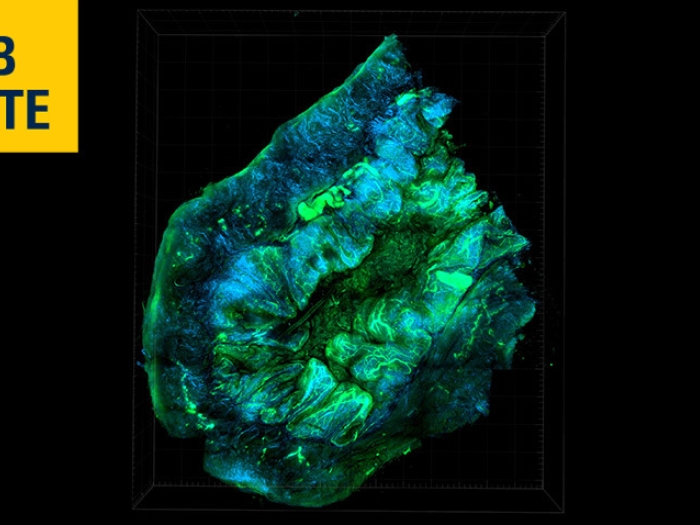
Health Lab
In cell-line and mouse models of ovarian cancer, researchers developed an interdisciplinary approach to identify metabolic vulnerabilities in certain genes that could be targeted to kill cancer cells.
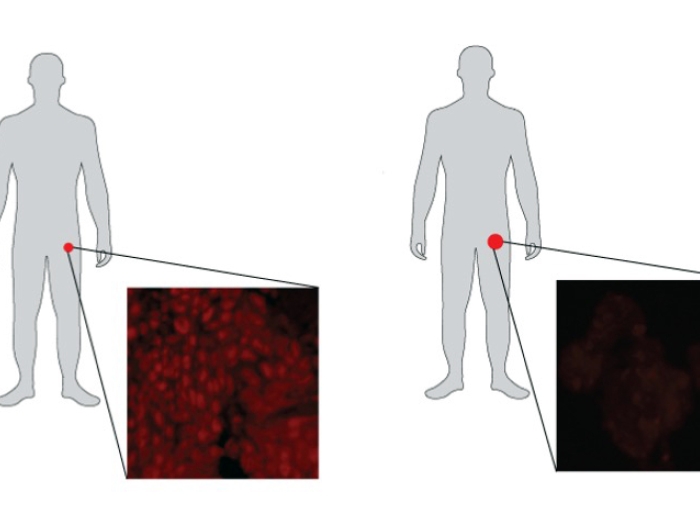
Health Lab
Biopsies from the same patients before and after treatment reveal how a specific drug reprograms prostate tumors.

Health Lab
A clinical trial in head and neck cancer explored ways to improve clinical outcomes for patients. Although the trial failed, researchers found insight into new ways to address treatment resistance.
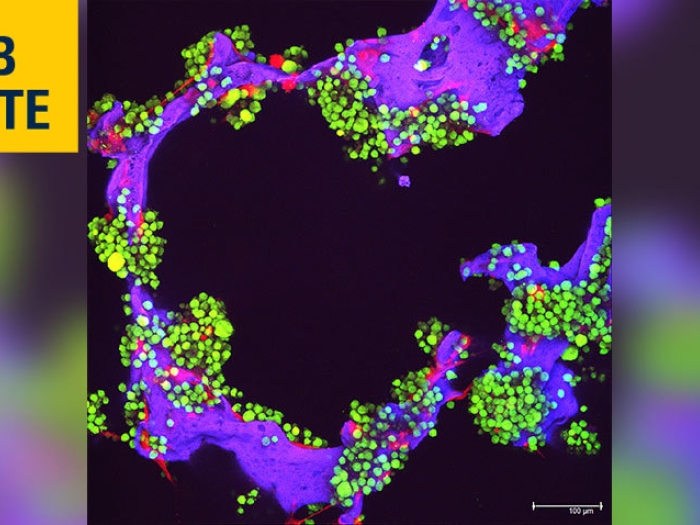
Health Lab
Patients with relapsed multiple myeloma are resistant to commonly used treatments. Researchers are one step closer to understanding the genetic reason why.
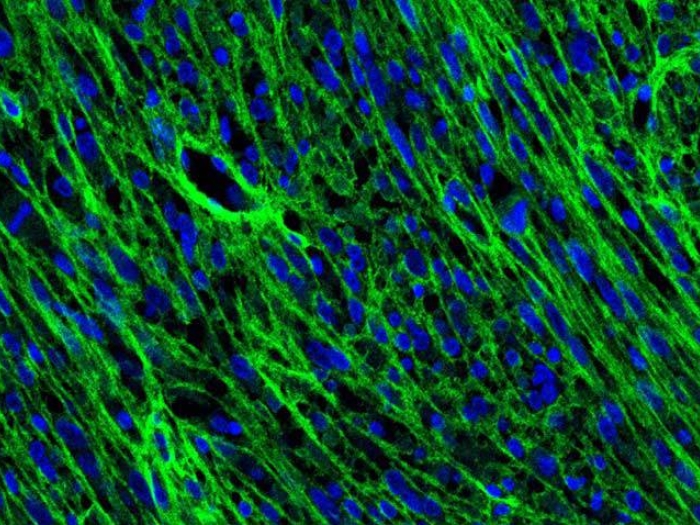
Health Lab
In mice, researchers have discovered the presence of oncostreams, highly active cells connected to how brain tumors grow and invade healthy tissue.
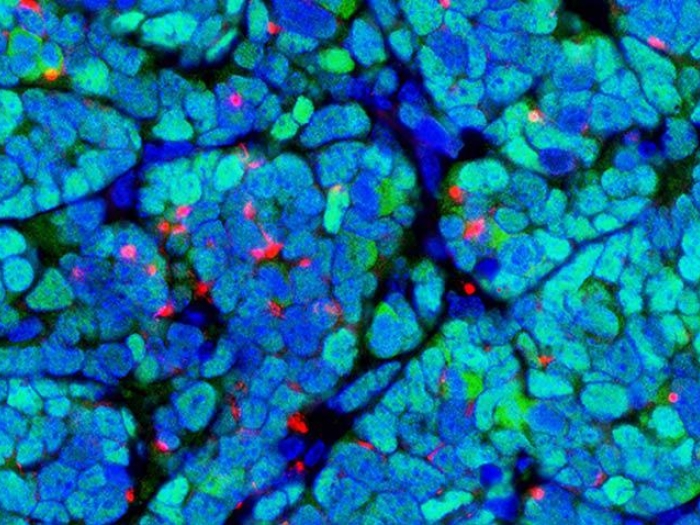
Health Lab
Researchers have figured out how to create a mouse model of a rare but fatal skin cancer, a scientific discovery 10 years in the making.
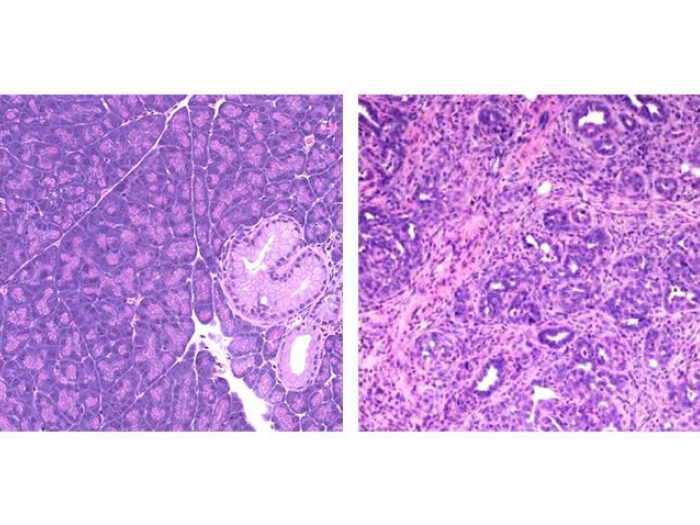
Health Lab
A study suggests substances touted to improve athletic performance can activate a receptor that accelerates the progression of pre-cancerous lesions to pancreatic cancer in mice.
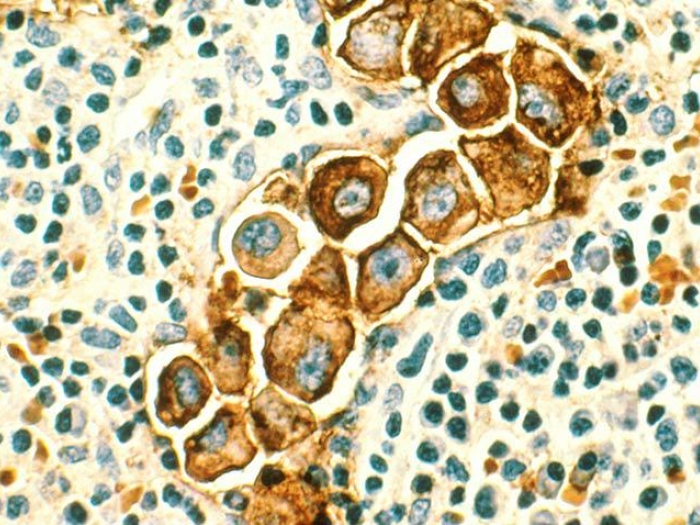
Health Lab
In mice, nanomedicine can remodel the immune microenvironment in lymph node and tumor tissue for long-term remission and lung tumor elimination in this form of metastasized breast cancer.